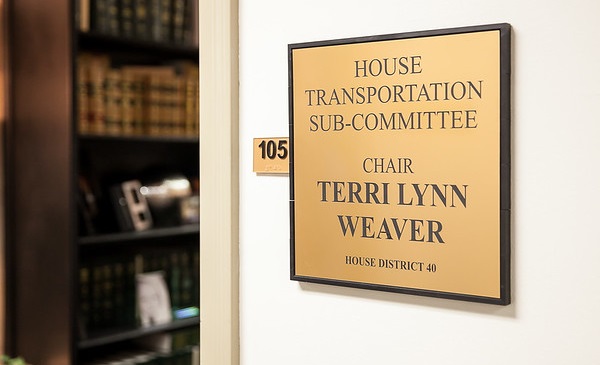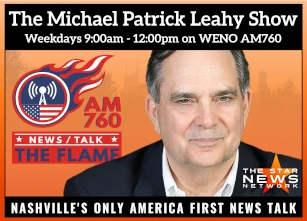Chris Bungard at WKRN reports that a House Transportation Subcommittee showdown looms next week between “Governor Bill Haslam’s sweeping plan that would raise the state’s gas tax by seven cents a gallon, while cutting other taxes, like those on groceries . . . [and] . . . a competing bill announced last week by House assistant majority leader David Hawk that would take a quarter of one percent of the state general sales tax and solely dedicate it to the state transportation fund.”
State Rep. Barry Doss (R-Leoma), who supports Gov. Haslam’s gas tax proposal, but opposes the indexing element of it, chairs the House Transportation Committee.
Hawk’s proposal, referred to by its proponents as “The Hawk Plan,” has the support of House Majority Leader Glen Casada (R-Franklin), as The Tennessee Star confirmed in an exclusive interview on Tuesday.
State Rep. Terri Lynn Weaver (R-Lancaster), a strong conservative who has the respect and support of a number of grassroots groups, chairs the House Subcommittee on Transportation.
Chairman Doss also serves on the subcommittee, as does State Rep. Dave Alexander (R-Winchester), State Rep. Courtney Rogers (R-Goodlettsville), State Rep. Jerry Sexton (R-Bean Station), State Rep. Sam Whitson (R-Franklin), State Rep. Barbara Cooper (D-Memphis), and State Rep. John Mark Windle (D-Livingston).
The politics of the two competing proposals to fund the state’s growing road construction needs is setting up to be a classic “establishment” versus “grassroots” conflict.
The battle lines are similar to those drawn in the fight between then-Gov. Sundquist and horn-honking regular citizens who, with the support of local talk radio hosts, buried the governor’s proposal to impose a state income tax on Tennesseeans over a lengthy three year period between 1999 and 2002.
Fifteen years after the grassroots earned that hard fought victory, many believe that a similar focus of energy will be required to defeat Gov. Haslam’s gas tax increase proposal.
This time around, however, the grassroots face a more complex challenge, in part because there is little popular awareness of Haslam’s gas tax increase proposal.
During the income tax fight in 1999 to 2002, in contrast, most of the public was well aware of Gov. Sundquist’s income tax proposal, and few liked it.
How the Transportation Subcommittee deals with the two competing bills to pay for roads in the coming weeks, and how the public responds to what transpires there, may well preview whether the gas tax increase proposal from a Republican governor in 2017 will meet the same fate as the state income tax proposal from a Republican governor in 1999.





